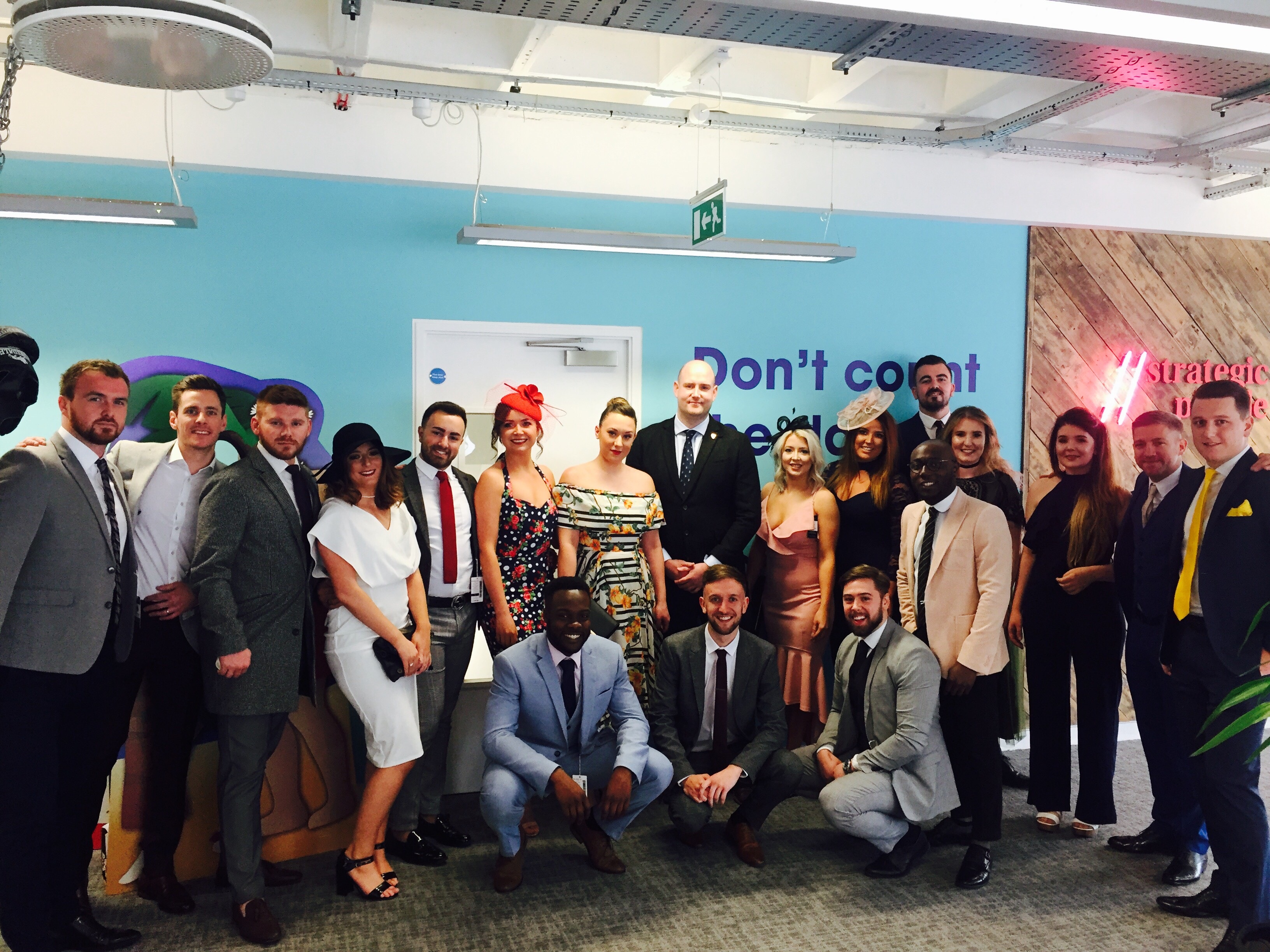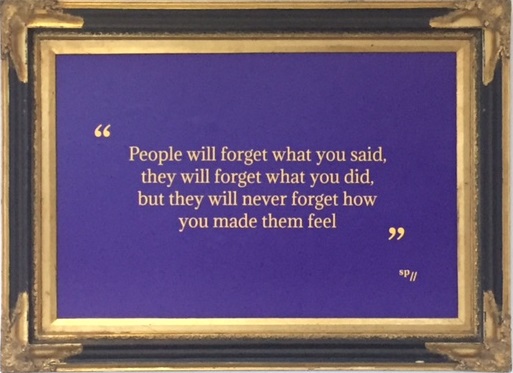Diversity in the Face of Adversity

Since the controversial vote for Britain to leave the EU, much of the population has been fixated on following the political developments intently. There have been predictions of the brain drain, of universities suffering and investors shunning UK start-ups. The decimation of the value of the pound and the real concern that the UK will be punished for having the audacity to leave the World’s largest free-trade zone. However, regardless of individual views on Brexit, a democratic process has taken place and the demos have spoken. It remains to be seen whether 52% of the British public were right to take a historical plunge.
Is Al sexist?
In the meantime, while politicians wrangle with one another and ideologies clash, the rest of us have to get on with our lives and make the best of the hand we have been dealt. With that in mind, the tech industry is on a mission to encourage more women to join the rage. Experts are considering the dangers of having a lack of diversity in technology teams. The year 2018 was declared “The year of the Woman”, and yet women in the tech sector are still facing unconscious bias, gender pay gaps, a lack of role models and the development of sexist Al.
The development of Artificial Intelligence Technologies has been accused of creating biased Al algorithms because it lacks the ability to consider both front end and back end systems simultaneously. The teams aren’t focusing on the end user who will be navigating the services. Therefore the industry has suggested that embedding Al into our lives will encourage a more diverse range of people moving into development roles. As a starting point for making Al industry more inclusive, more women should be encouraged into Science, Technology, Engineering and Maths (Stem).
“The year of the Woman”
Back in March, the theme for 2018’s International Women’s Day was #PressForProgress and in the tech sector, which has previously been male dominated, some firms started to push back for greater diversity. CA Technologies rolled out unconscious bias training for all of its managers. Organisations including the UK government are signing the Tech Talent Charter to establish guidelines around diverse tech hiring and the Trainline has partnered with Code First: Girls to teach 20,000 women to code for free by 2020.
Traditionally, diversity in the workplace has not been a
top priority of many employers, defending the notion of business is business
and companies must make money to continue operating so why fix something that
isn’t broken? We have seen this situation significantly change for the better
in recent times, not just in terms of bridging the gender gap across the
diversity spectrum; people from all backgrounds, of all genders, of all ethnic
minorities, of all sexual persuasions and people with disabilities have seen
increased empowerment and had the chance to maximise their potential and gain
career progression in a way that was previously impossible.

Most importantly, as people of the UK, a population bound together by citizenship and cultural ties, we each have a duty to ensure progress is not sacrificed in favour of profit-based protectionism. In this crucial time of uncertainty, it is strongly believed that everybody must now turn their minds to innovation, progress and development in order to keep the country on track as a world leader in liberalism, tolerance, business, education and social stability. We should accept collective responsibility for our futures and ensure, for ourselves, that the country we live in boasts a fair diverse system.


